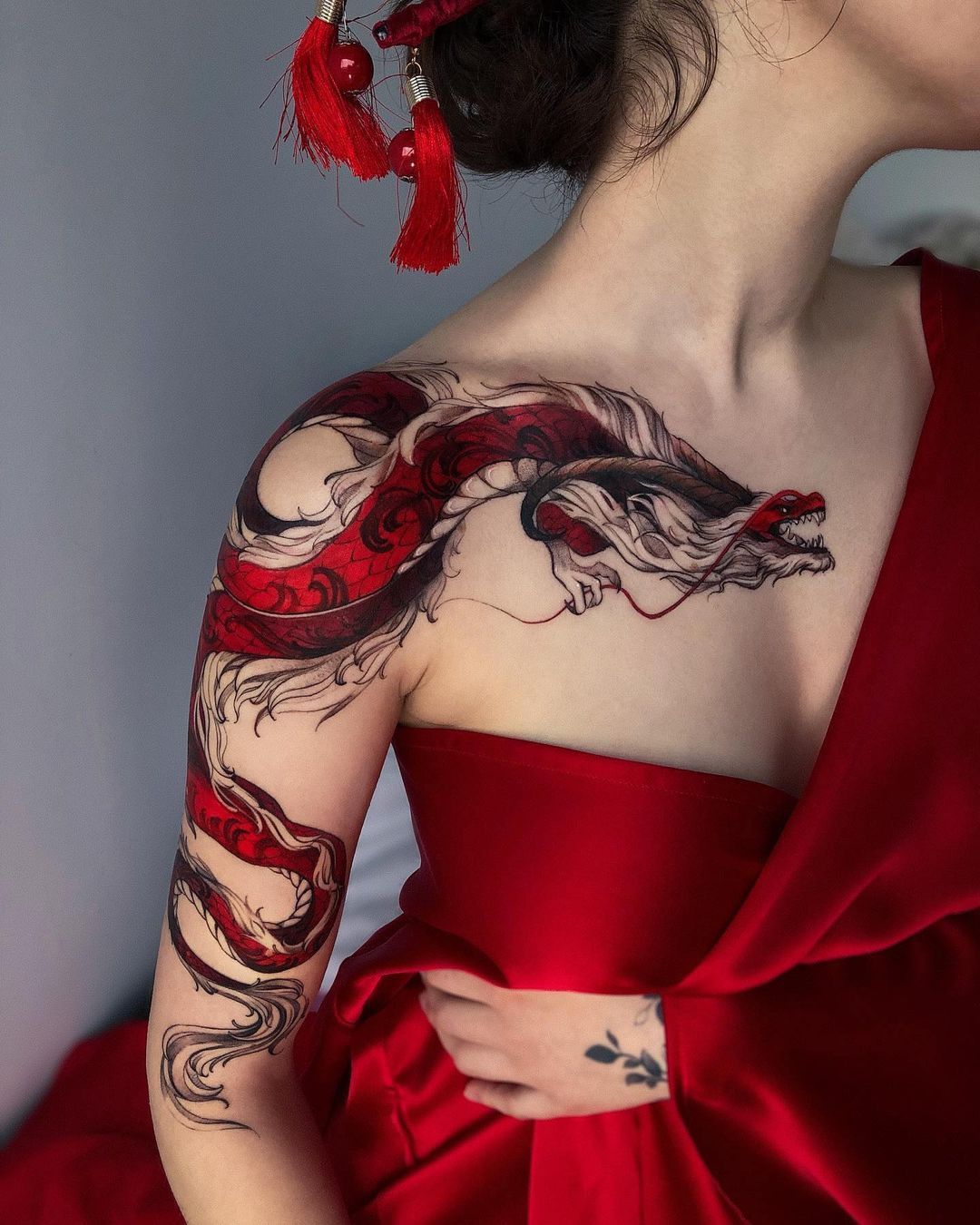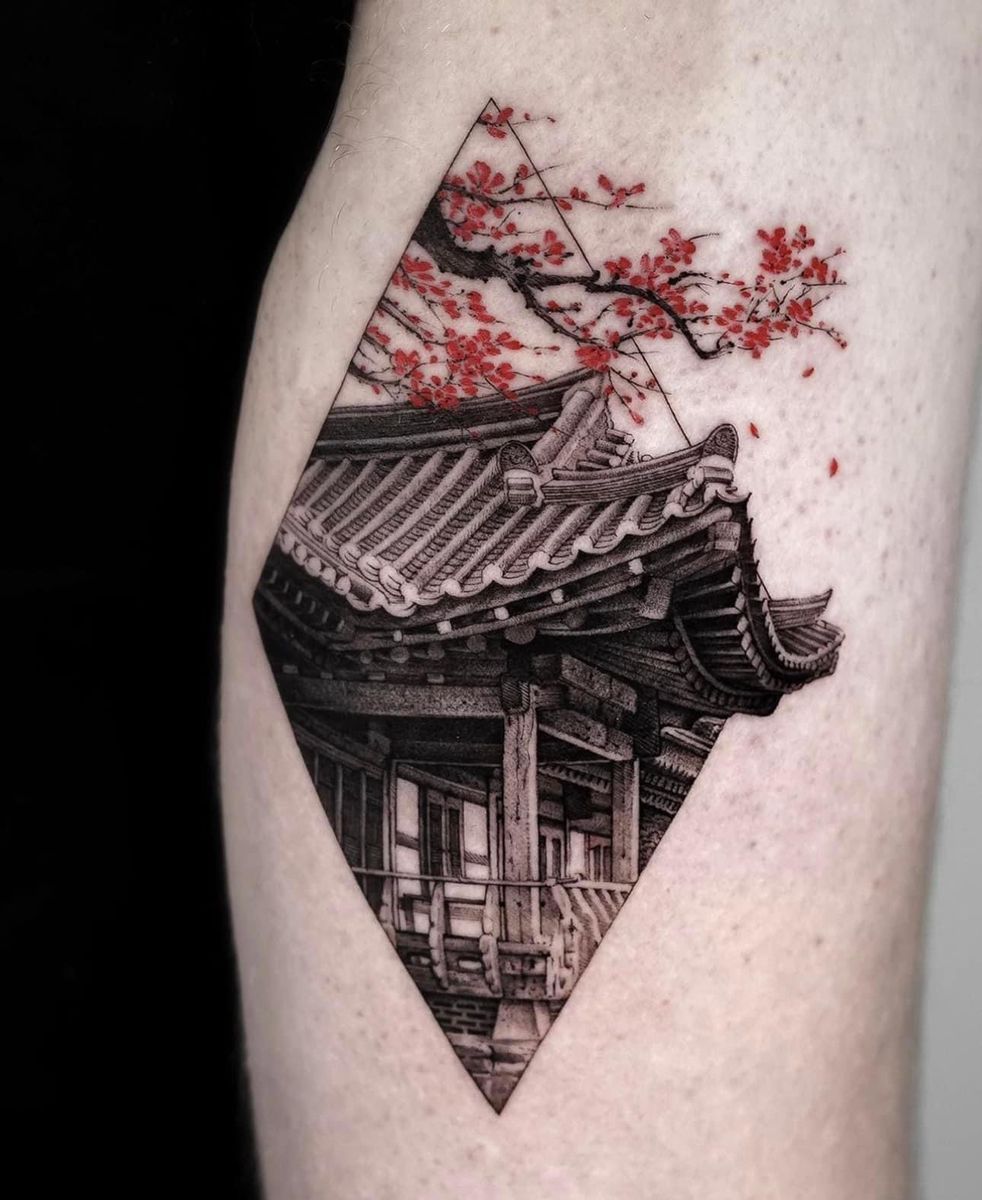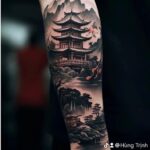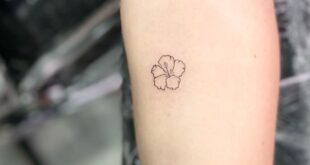Tattooing in Japan has a long and cultural history that dates back centuries. In Japanese culture, tattoos have been associated with criminality and the yakuza (Japanese organized crime syndicates). However, in recent years, attitudes towards tattoos have started to shift, and they are becoming more accepted in mainstream society.
Traditional Japanese tattoos, known as irezumi, are typically large, intricate designs that cover large parts of the body. These tattoos often feature motifs such as dragons, koi fish, cherry blossoms, and other elements of Japanese mythology and folklore. The art of irezumi is highly detailed and requires a skilled and experienced tattoo artist to execute properly.
In the past, tattoos were used as a form of punishment for criminals in Japan. Prisoners would be tattooed with markings that indicated their crime, making it difficult for them to reintegrate into society. As a result, tattoos became associated with criminals and were often seen as taboo in Japanese culture.
However, in recent years, attitudes towards tattoos have started to change in Japan. With the influence of Western culture and the rise of tattooing as a popular form of self-expression worldwide, more and more young people in Japan are getting tattoos as a form of personal expression and art. In major cities like Tokyo and Osaka, it is not uncommon to see people with visible tattoos on the street, whereas in the past, they may have been met with judgment or discrimination.
Despite this shift in attitude, there are still some places in Japan where tattoos are frowned upon. Many hot springs, public baths, and gyms in Japan have strict no-tattoo policies, as tattoos are still associated with criminality in some circles. This can make it difficult for people with tattoos to enjoy certain public facilities in Japan.
Overall, tattoos in Japan are slowly becoming more accepted, but there is still a lingering stigma attached to them in some parts of society. As attitudes continue to shift, it is likely that tattoos will become more mainstream in Japan, allowing people to freely express themselves through body art without fear of judgment or discrimination.
 innstyled Tattoo Ideas
innstyled Tattoo Ideas




















